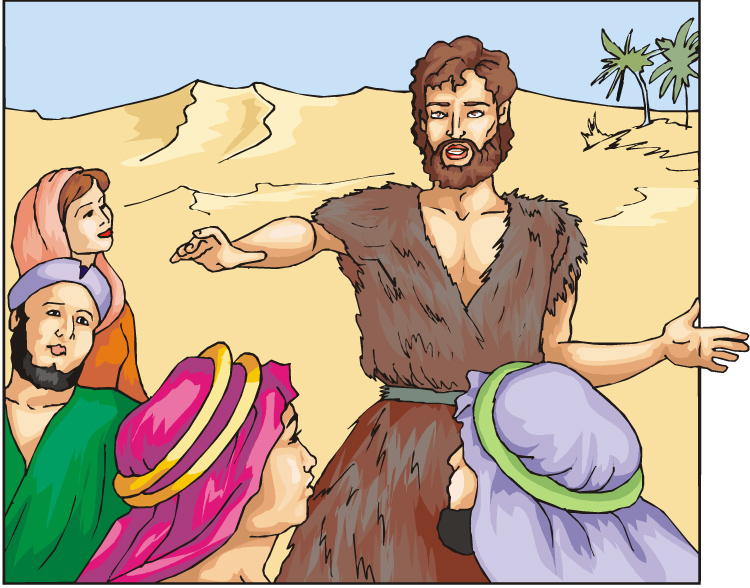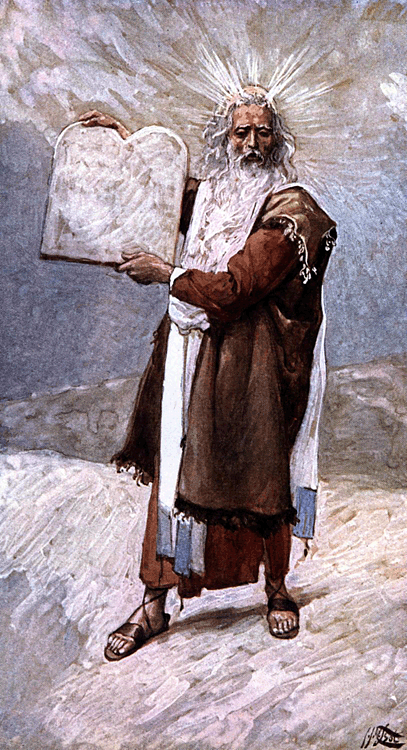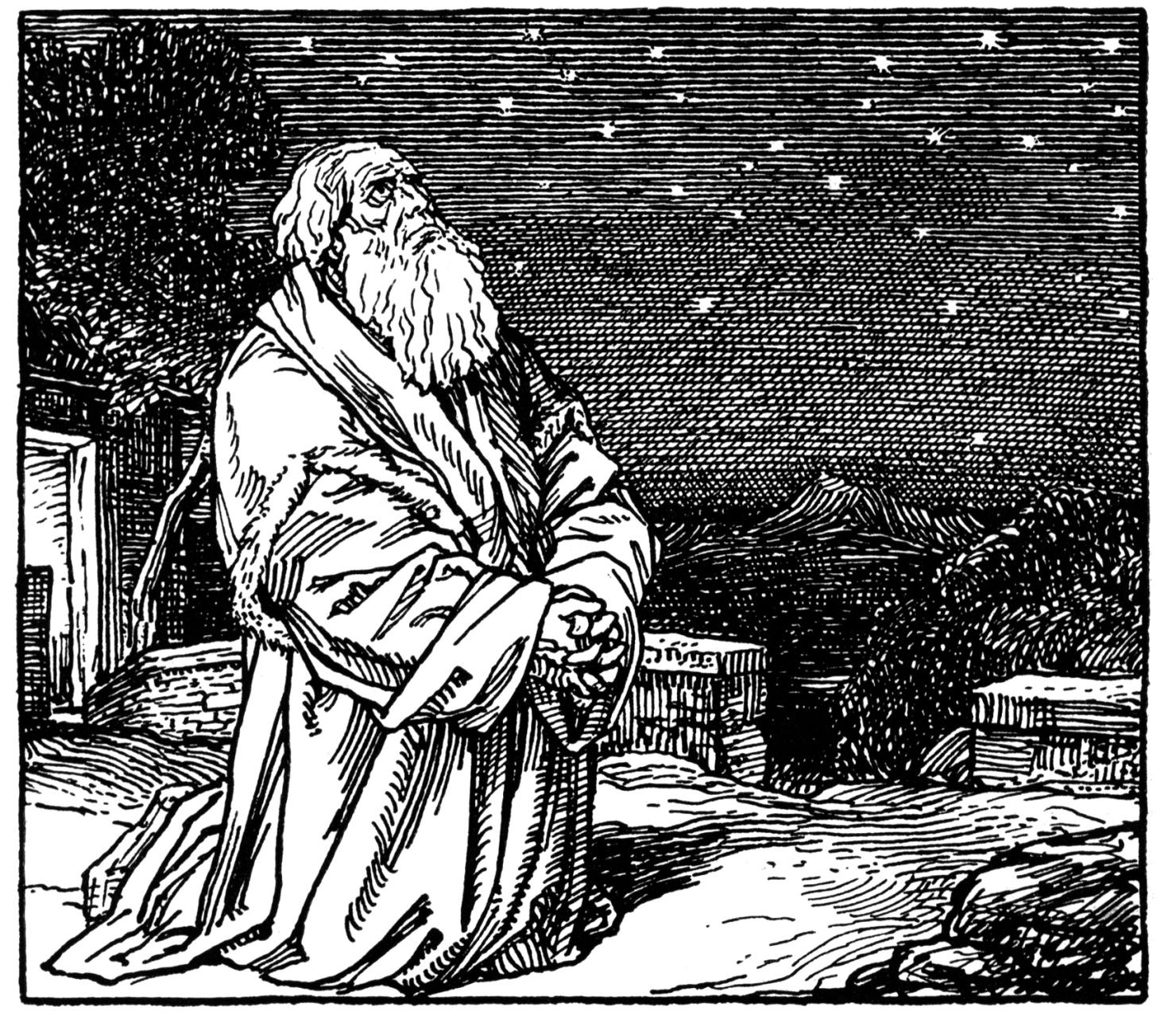
Is YHVH Elohim’s instructions in righteousness or Torah an unbearable yoke that Christian are free from making it now alright to murder, steal, lie, commit adultery and break the Sabbath? That’s what some misguided people want you to believe!
Oy vey! There is so much confusion, misunderstanding and false teaching out there in the church world. For example, the mainstream church has taught (or brainwashed) its constituents into believing that according to Acts 15, Gentiles are free from all of the requirements of the Torah-law of Moses, except for the four things mentioned in Acts 15:20.
What this means is that I guess it’s now all right for Gentiles to murder, steal, lie, worship idols, violate the Sabbath and you don’t have to tithe either (oops, there goes the pastor’s salary, retirement and building fund down the drain, and denominations are a thing of the past, as well, with their financial base gone), as long as we do the four requirements stipulated by the apostles in Acts 15:20. That means we have to do kosher slaughter of clean animals and make sure we get the blood out of the meat. Oh, I just remembered, the church doesn’t even teach these basic things, much less practice them. Now I’m really confused…so what’s really going on here? Well, it’s a heart of man thing! Paul summed it up in Romans 8:7,
Because the carnal mind is enmity against Elohim: for it is not subject to the law of Elohim, neither indeed can be.
Jeremiah had something to say about this as well,
The heart is deceitful above all things, and desperately wicked: who can know it? (Jer 17:9)
Human nature hasn’t changed much from the time these words were penned until now. To wit, someone just wrote the following in the comments section of this blog:
I heartily disagree. One need only look to what the Jewish apostles taught their goyim charges (from the Council at Jerusalem – Acts15, specifically verses 28 & 29));
It seemed good to the Holy Spirit and to us not to burden you with anything beyond these essential requirements: You must abstain from food sacrificed to idols, from blood, from the meat of strangled animals, and from sexual immorality. You will do well to avoid these things.
Not a word about the “Law”. Rather listen to what Jesus’ closest friend had to say, “Now then, why do you test God by placing on the necks of the disciples a yoke that neither we nor our fathers have been able to bear?”
Evidently, some feel that they know more than the Holy Spirit, and Peter.
I responded as follows:
Yes, yes, yes, those of us who’ve been around the block a time or two over the past few decades have heard this argument more than a few times. It’s not that someone is claiming to know more than Peter or the Holy Spirit, as you suggest. Rather, it’s that someone is failing to understand the Acts 15 passage in its full context and has defaulted to believing the traditions of men by which the Word of Elohim has been made of non-effect. Please allow me to explain.
First, let me thank you for allowing me to address this sadly misunderstood passage of Scripture that has confused many people and led many folks, such as yourself, to come to a totally wrong and unscriptural conclusion. To take the position you are positing totally contradicts hundreds of other verses in both the OT and NT. Yeshua himself said that the scripture cannot be broken (John 10:35). To say that Scripture contradicts itself is, honestly, to call the Bible a lie and the Author of it a liar. Hard words, but the truth. Sadly, this is the majority position of the mainstream church. YHVH Elohim will straighten out this mess in due time. Many Christian teachers who have taught this and who have led YHVH’s people astray will be proven to be false and will have to answer before Elohim’s throne of judgment for it.
I will post the counter argument to your position on my blog. Those who are not afraid of the truth can read the truth here:
Now here’s my commentary on Acts 15.
Acts 15:1–29, See notes at Matt 11:29. (Posted below)
Acts 15:1, Custom of Moses. This is based on Exodus 12:48 which requires all males to be circumcised before being allowed to partake of Passover. To be part of Israel, one had to become circumcised and observe the Passover and all Israel was required to do so (Exod 12:47). Foreigners were forbidden from keeping the Passover (Exod 12:43) until they were circumcised. From this, the Pharisees got the idea that circumcision is a prerequisite for salvation—or inclusion in spiritual family of redeemed Israel. As Paul points out in Romans chapter four, Abraham was justified by faith, not by the rite of circumcision. Therefore, the custom of circumcision as a prerequisite for inclusion within the nation of Israel (a metaphor for salvation) is unique to the law of Moses, and not to the over-arching and eternal principles of the Torah (as demonstrated by the fact that Abraham come into a relationship with YHVH 24 years before being circumcised) to which the law of Moses is subservient. This custom was necessary in order to protect the sanctity and integrity of the physical nation of Israel from foreign and pagan influences and was not prior to or subsequent to the physical nation of Israel intended to be a prerequisite for eternal salvation as Paul, again, makes clear in Romans chapter four.
Acts 15:10, Yoke on the neck. Many Christian commentators teach that Peter is making a reference to the Torah when he speaks of a yoke being put around the neck of the people of Israel meaning that Torah-observance was an impossibility. Yet, Moses told the Israelites that Torah-obedience wasn’t impossible (Deut 30:11–14), and that it would be a source of life to them (v. 19), and would be a source of wisdom and understanding for them, thus eliciting the curiosity of the surrounding nations (Deut 4:6–8). Were Moses and Peter at odds with each other thus violating the unity of Elohim’s Word (John 10:35)? Or Continue reading →








